Kinabuhi – Award Winning Documentary Short Film
Kinabuhi – Award Winning Documentary Short Film
Kinabuhi is our Award Winning Documentary about Filipino Coconut Farmers struggling to survive a Way-of-Life exploited by industrial agriculture and crippled by disasters like Typhoon Haiyan.
source
Reviews
0 %

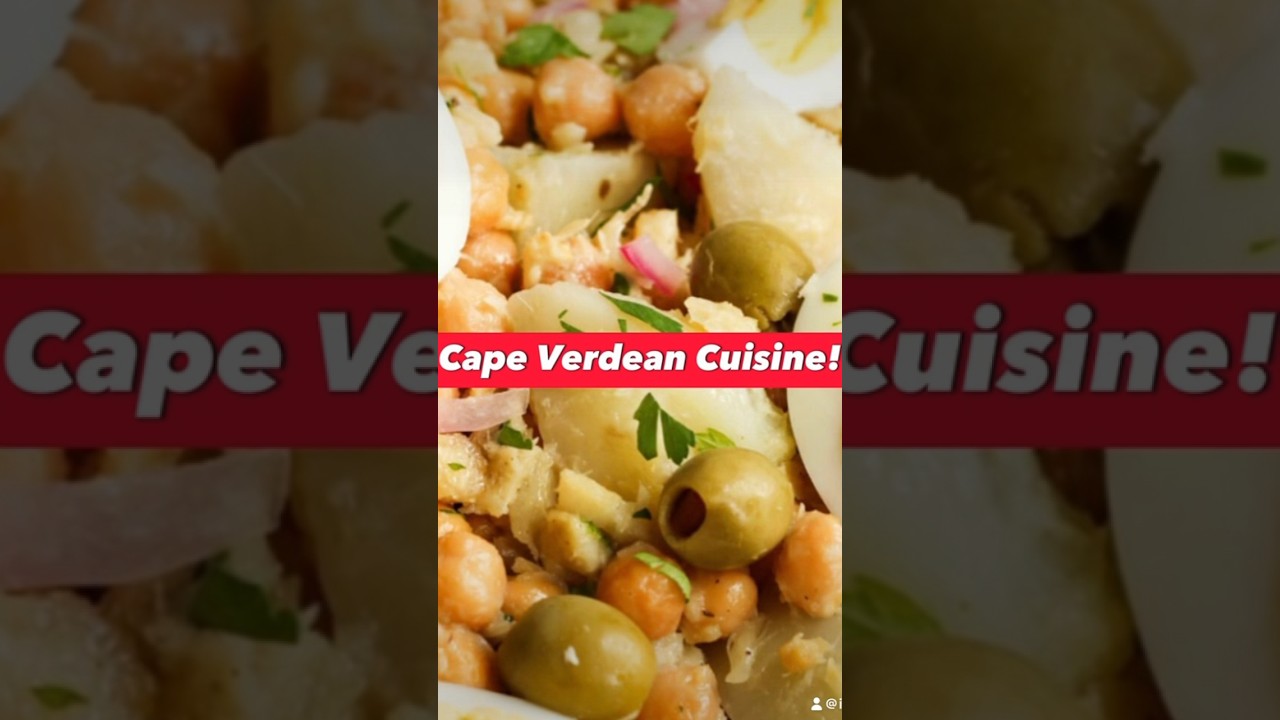
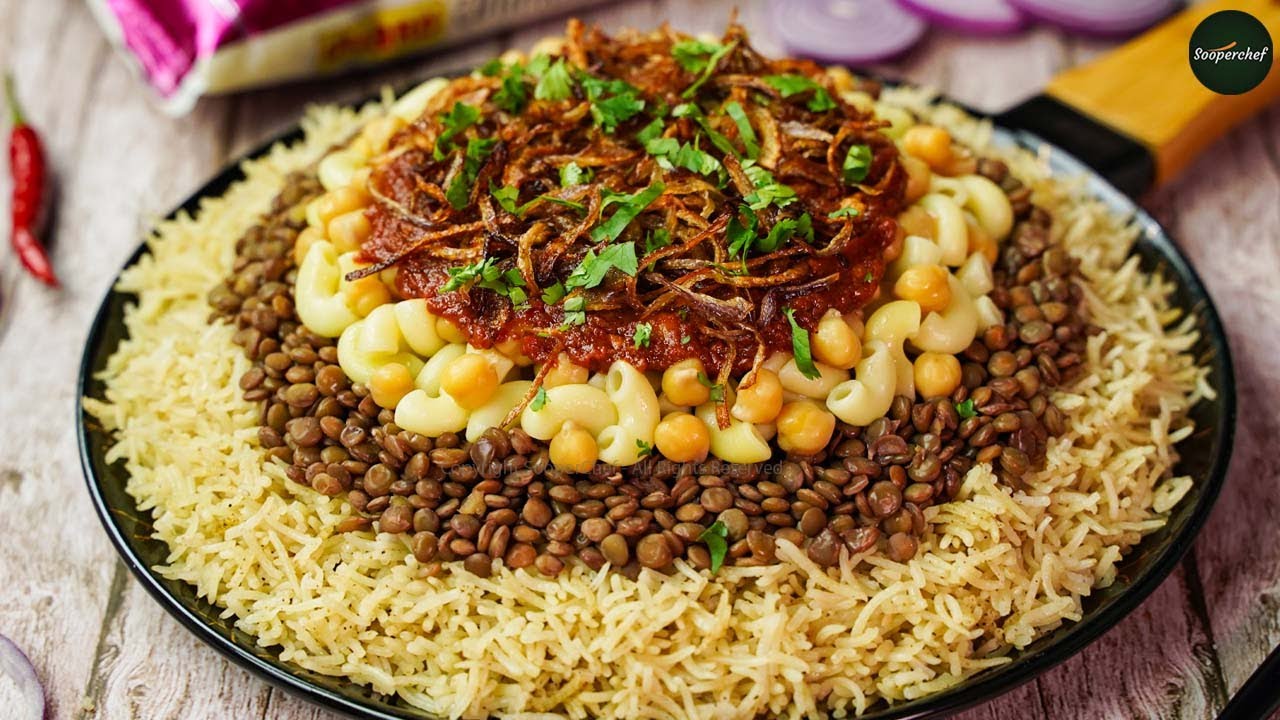

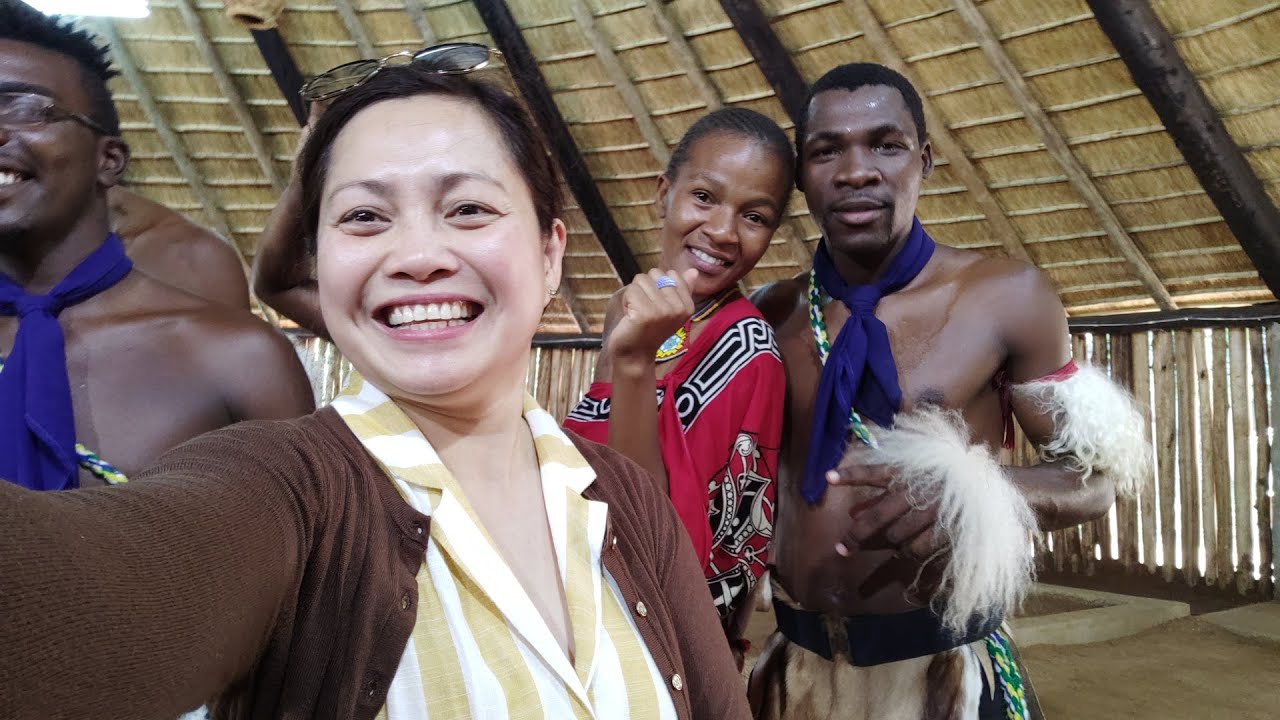

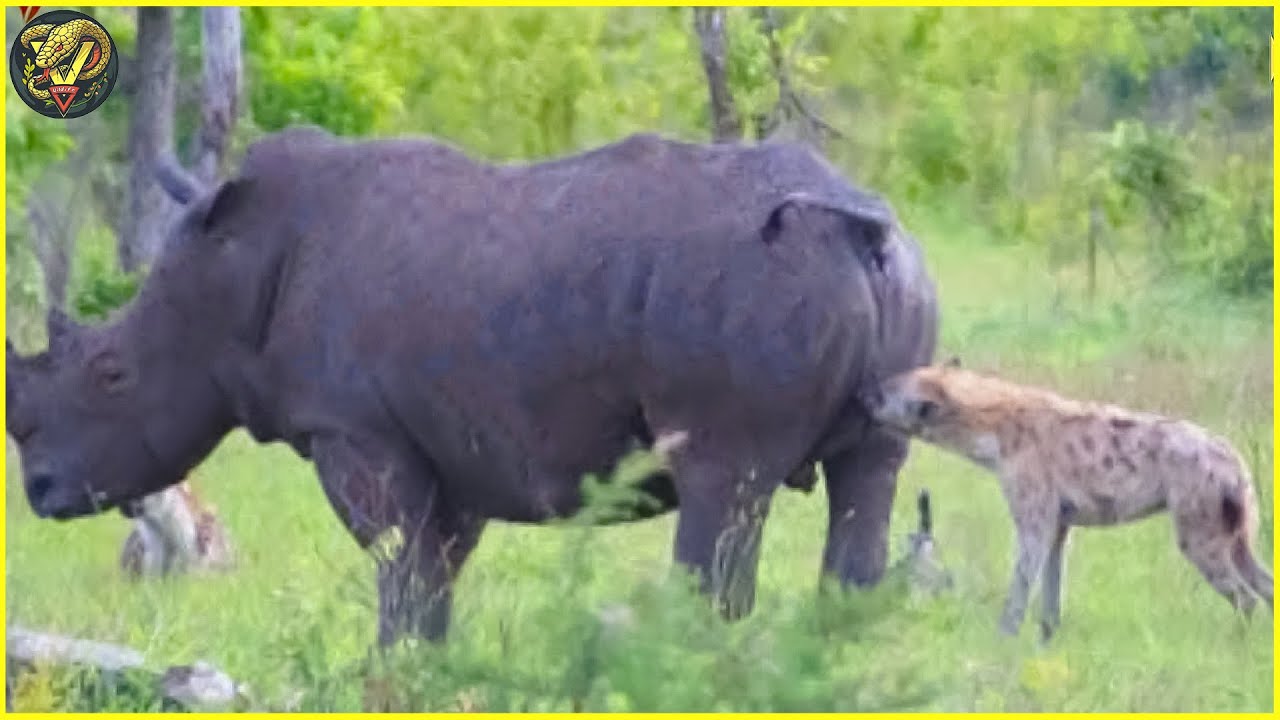
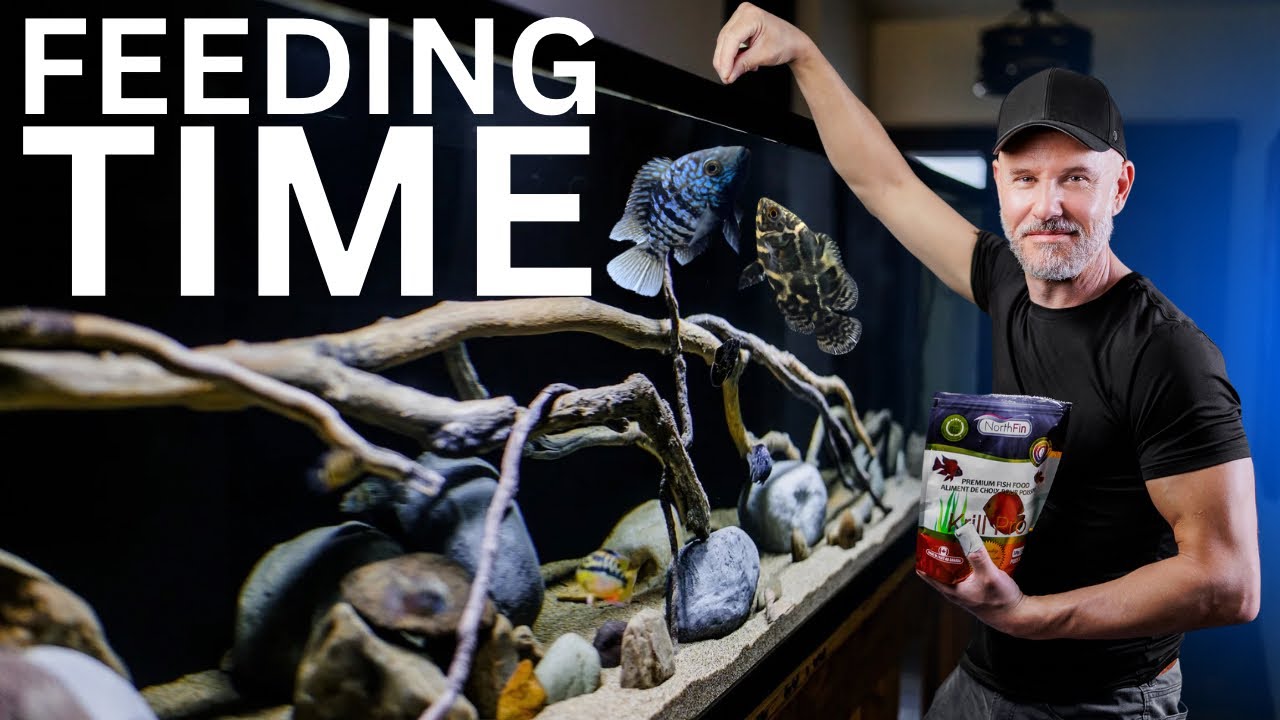

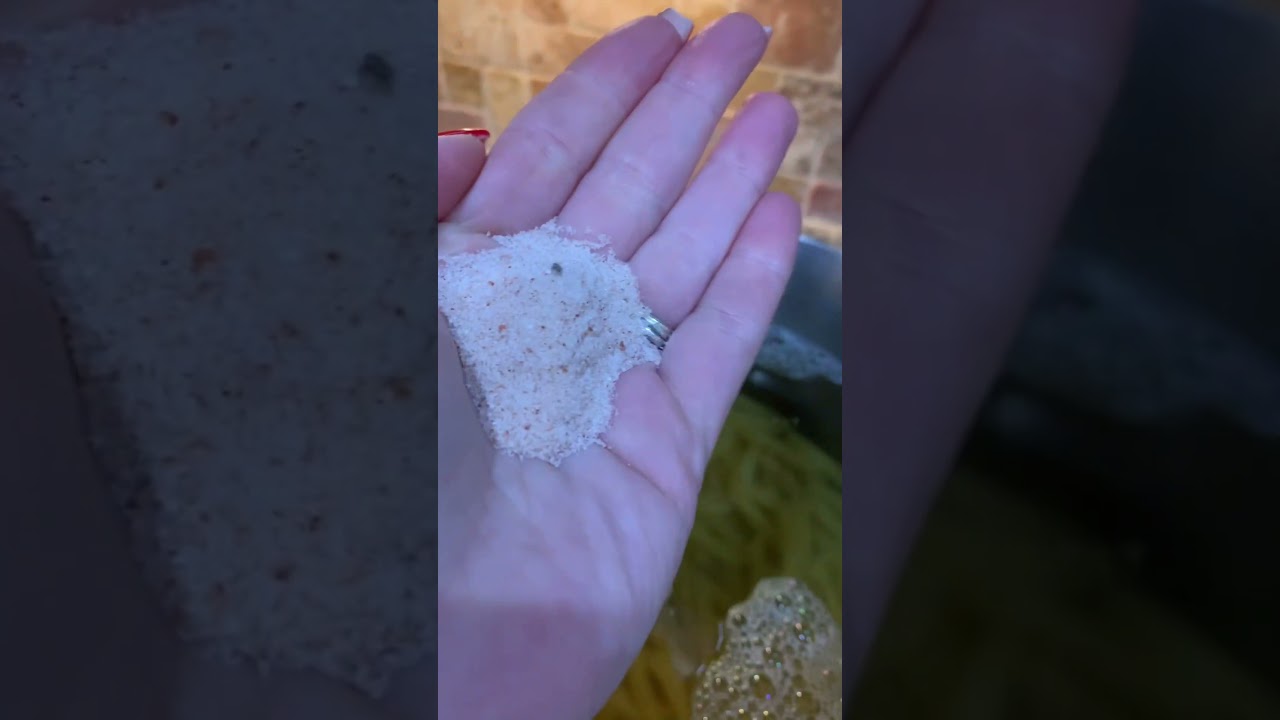

Wonderful people ❤
Small folk with strong.backs and.curiosly big knives love it ,we all are our environments,those.so detracted from nature are indeed aliens
big, bIg, bIG, BIG RESPECT to coconut farmers🥥🥥🥥❤
The Philippines are probably next in line for a premeditated attack by Directed Energy Weapons, which will be presented by the news media as natural wildfires. Welcome to the New World Order, where there will be only TWO classes of people: the tiny RULING CLASS bloodlines and those capable of learning enough to serve the ruling class bloodlines.
Who's here because of for Major course output?
Such a beautiful dialect spoken. And a great documentary.
Hello po, can I please use your video as an instructional material for my literature subject? I would appreciate your response and approval. Thank and God bless!
now i know why this is an award winning documentary… it made me cry, thank you for sharing this… and salute to all the farmers out there!!
Why are Indonesian subtitles not available?
Pilipinos b r a g ,n o t sure W h y
🙏
Wow! A great film. It made me aware of the situation of our brothers producing copra. May our government notice them and be able to help them improve productivity and provide additional resources or tools . Congratulations to the film makers on this. It made me also appreciate them and their products better.
It hits the hard spot for me 💛
A beautiful life.
8:19
Thanks God. Im searching this video. Idk why, but, this is amazed me.
Mother Earth so lovingly sustains us, giving us reason to unite
Hand in hand to work together, no reason to be in fights
We can have everything and more, living simple lives
But we create religions, languages and countries
Guess who be into conniving and gaining in the divide
Then comes a Jesus who for our sins is crucified.
Dedicated hard work to feed your families thank you
"Kinabuhi," filmed by Kapuluan and directed by Danny Cooke, into the lives of Filipino Coconut Farmers in a remote village in Eastern Samar, Philippines. As I immersed myself in the narrative, my initial reactions oscillated between joy witnessing the farmers' dedication to their work and a profound sadness, recognizing the disparity between their relentless efforts and the inadequate returns to sustain their families. In this analysis, we will explore the filmmaker's intentions, examining the cinematography, sound, narrative structure, and symbolism employed in "Kinabuhi."
The film employs a diverse range of camera angles to capture the daily struggles of coconut farmers. Wide shots showcase the picturesque landscapes of the coconut plantations, while close-ups on characters convey the emotional and physical toll of their labor. Intimate framing focuses on characters within their environment, emphasizing the tight-knit community and the challenges they face. Wide frames capture the expansive landscapes, highlighting the profound connection between the people and their surroundings. Natural lighting creates an authentic visual experience, with sunlight through coconut leaves and strategic use of light and shadow intensifying emotions. Lighting choices during pivotal moments underscore the gravity of the characters' situations. Danny Cooke's documentary-like visual style prioritizes realism, offering a raw and unfiltered portrayal of life in the coconut farming village. A mix of scripted lines and authentic conversations enhances the film's realism, while the use of local dialects adds cultural authenticity. The musical score, blending traditional Filipino music with a poignant and evocative score, deepens the audience's connection to the narrative. Music intensifies during key moments, emphasizing the challenges faced by the coconut farmers. Natural sounds, such as the rustling of coconut leaves and the sounds of agricultural work, contribute to the immersive quality of storytelling. "Kinabuhi" unfolds as a character-driven narrative, focusing on the daily lives and struggles of coconut farmers. The plot evolves as characters confront challenges, offering a glimpse into their resilience and determination. Crucial in conveying the rhythms of village life, pacing may vary between slow, contemplative moments depicting laborious farming and faster sequences signaling moments of urgency or crisis. Cooke's background suggests a combination of observational and empathetic approaches, providing a nuanced portrayal that allows the audience to connect with the humanity of the characters. The coconut tree may symbolize both sustenance and the challenges faced by the farmers. Weather, particularly storms like Typhoon Haiyan, might represent external forces threatening the villagers' way of life. Tools of the trade, such as machetes, may carry symbolic weight, reflecting the resilience of the community.
"Kinabuhi" emerges as a powerful exploration of the lives of Filipino Coconut Farmers, skillfully captured by Danny Cooke's directorial lens. Through meticulous cinematography, evocative sound design, a compelling narrative structure, and thoughtful symbolism, the film not only portrays the stark realities of the coconut farmers but also invites the audience to empathize with their struggles on a profound level. As the film unfolds, it becomes a testament to the resilience and spirit of a community determined to thrive despite the challenges they face.
BABY ANN R. AMONGOS
The best most deeply felt laughs I’ve ever experienced have been with my Filipino friends There is something unique and endearing in all I’ve known. I also am a lover of coconut I truly use it in many dishes This documentary is excellent These men are in the highest level of athleticism and fitness and they probably have never even thought about it
I ❤❤❤❤❤❤❤❤❤
Es bello y sobrecogedor ver esta comunidad en Filipinas, con todo lo que pasa alrededor del Coco como medio de sustento de vida… personas amables que trabajan con altruismo y dignidad, requieren mucho el aporte del Gobierno y probablemente de entidadwa internacionales. Saludos desde Colombia.❤
I saw the family, their life. all the thing is so hard. Hope they have better life.